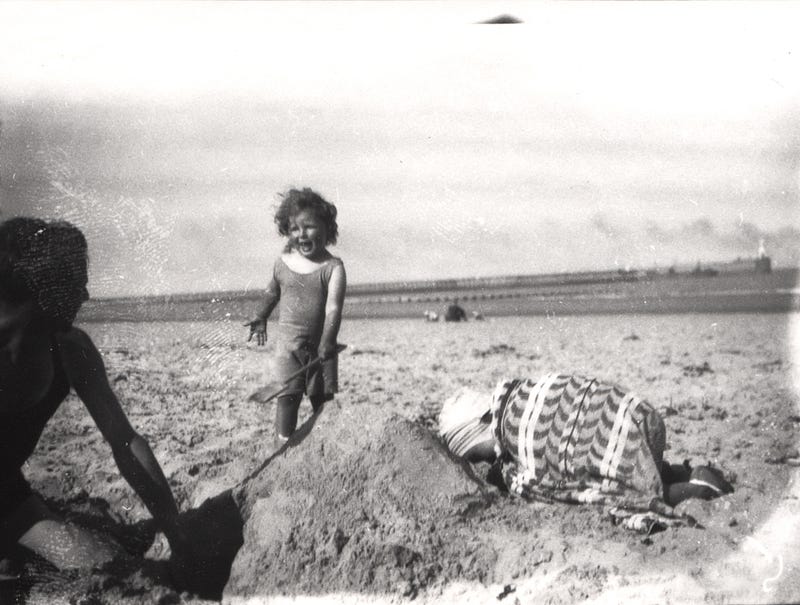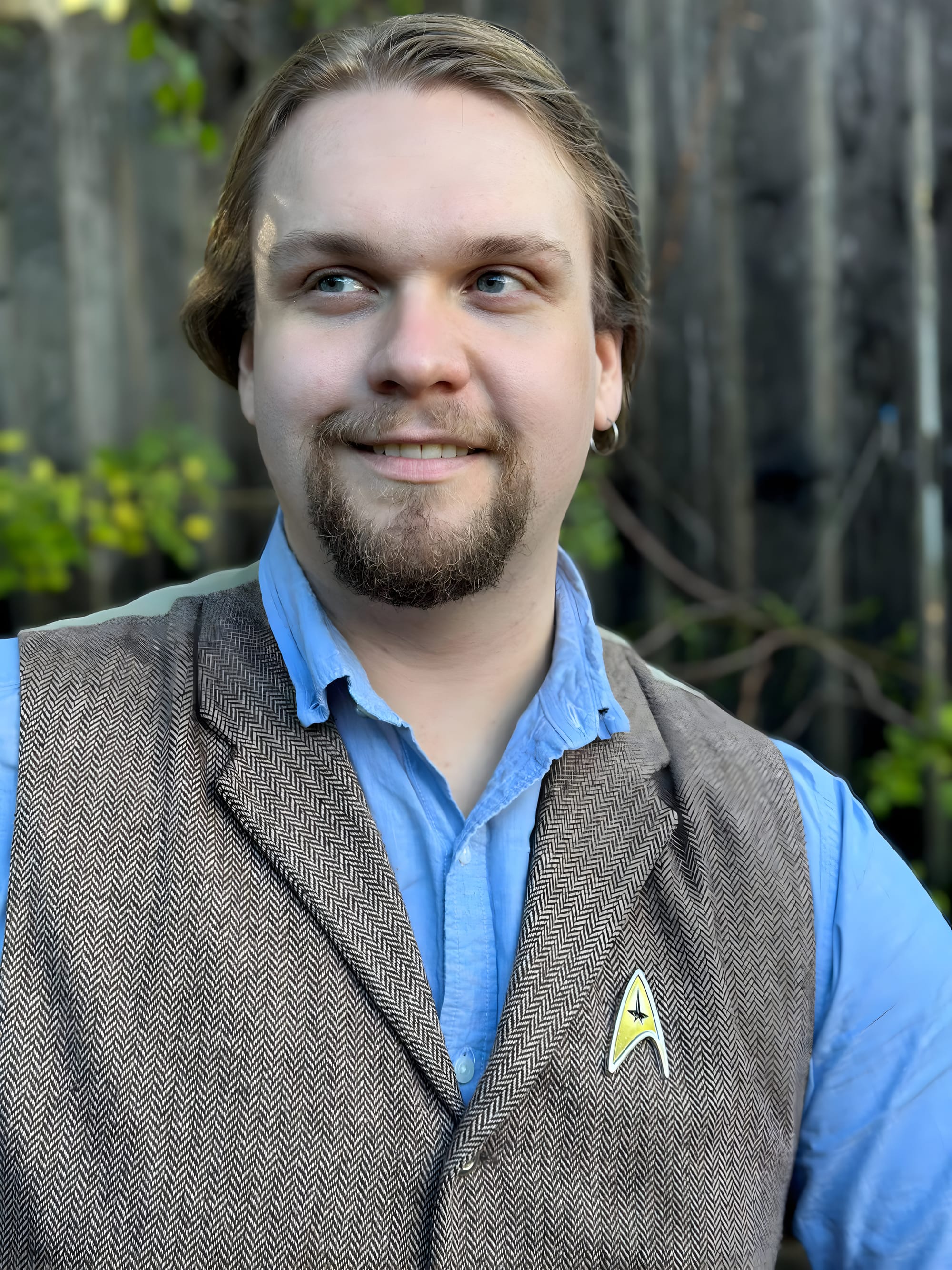What really robbed us wasn’t the pandemic.
I just finished reading a poignant article by Rachel Hislop entitled “Testing My Fertility at the End of My World”. It’s a personal essay with some melancholic teeth, and is the first in a series I’m certain to continue reading.
Hislop explores how women have lost so much over the last few years, and how the imagined life so many women around the world held onto (especially those in developed countries) is fading before their eyes. “I thought I had time,” she writes. “Who doesn’t?”
Cycles and seasons have felt especially present in my life of late. The personal needs and wants we experience as human beings are frequently subsumed by the tectonic crises of our age. How can one think about kids, and a home, and love, when we are inundated by the horrors of war, climate change, unethical AI, and a global inclination toward oligarchic totalitarianism?
“There is no clear way to have this conversation,” writes Hislop, “No elegant script for talking about the unsavory feelings that come up when you have to accept your life is going to look different than you thought it would.” She describes the sense of an inner timeline gone to seed, an envisioned plan for the future that suddenly isn’t going at all the way you thought it would be.
For many people, it was the pandemic that caused this sudden shift in thinking. The lockdowns, the masking; we faced a crises of immense proportions that challenged every aspect of our social and private lives. As a society, we largely failed to act responsibly, and as individuals we are still grappling with the consequences, one way or another.
But, I’m here to tell you that it wasn’t the pandemic that made things bad. Despite the deaths of friends and loved-ones, despite the frantic state we needed to inhabit as we clawed for security in a world gone mad, the pandemic actually enlightened problems that already existed far more than it created original difficulties.
When I say that society failed, I’m not being hyperbolic. Our society is an expression of how we care for one another, a practical community of mutual support (or lack thereof). And none of our societies were prepared for what the pandemic would bring. The flaws in our communities and governments were shown in sudden, sharp relief. Everyone could see, for the first time, that these were not cosmetic problems, but cracks in the foundation of our national and international identities.
They say you can tell the health of a society by how it cares for its most disadvantaged members. If ours were a healthy society, we would have managed the pandemic holistically; our public systems and private experiences would have risen to the challenge of caring for one another. Instead, we saw a crumbling of the fractious neoliberal order, a further weakening of a hierarchy that’s been on shaky legs since the 1970s.
We’re all grappling with aspects of the problems that Hislop is contemplating in her essay, though women (as usual) and other historically marginalized groups suffer the brunt of these problems in unique and widespread ways. But, we have to come to terms with the dissolution of the siloed self if we want to affect real change. We do have to let go of some of our dreams of private autonomous lives… because those dreams were always shadows in the mist. None of us are isolated. None of our private lives can be disentangled from the communities of which we are a part.
But this isn’t a bad thing. Scary, perhaps: frightening for how different it is than the myth of self-actualized independence that has been long presented as an American Norm. But, not bad.
Hislop writes about falling back in love with “the reality of now.” She points us toward the repressed conversations in our communities and our lives. She suggests that we learn to accept the unknown, in all its terrible intimacy. And, I agree. But, as we’re doing that, we should keep an eye toward the future that we can collectively inspire. Not a future of bigger cars and the white-picket fences of the capitalistic utopia, but one of earnest love and support for our fellow creatures, of non-hierarchical forms of organization, and of the resilience that comes from caring actively for one-another in times of duress.
I believe this future of self-betterment and mutual aid is possible, and I believe that the cracks we’ve all noticed these last few years are just the signposts pointing the way.
Your support means the world
Hi there! I’m Odin Halvorson, a librarian, independent scholar, film fanatic, fiction author, and tech enthusiast. If you like my work and want to support me, please consider subscribing!Image rights
“059343:Children playing on a beach Unknown c.1935” by Newcastle Libraries is marked with Public Domain Mark 1.0. To view the terms, visit creativecommons.org/publicdom…

